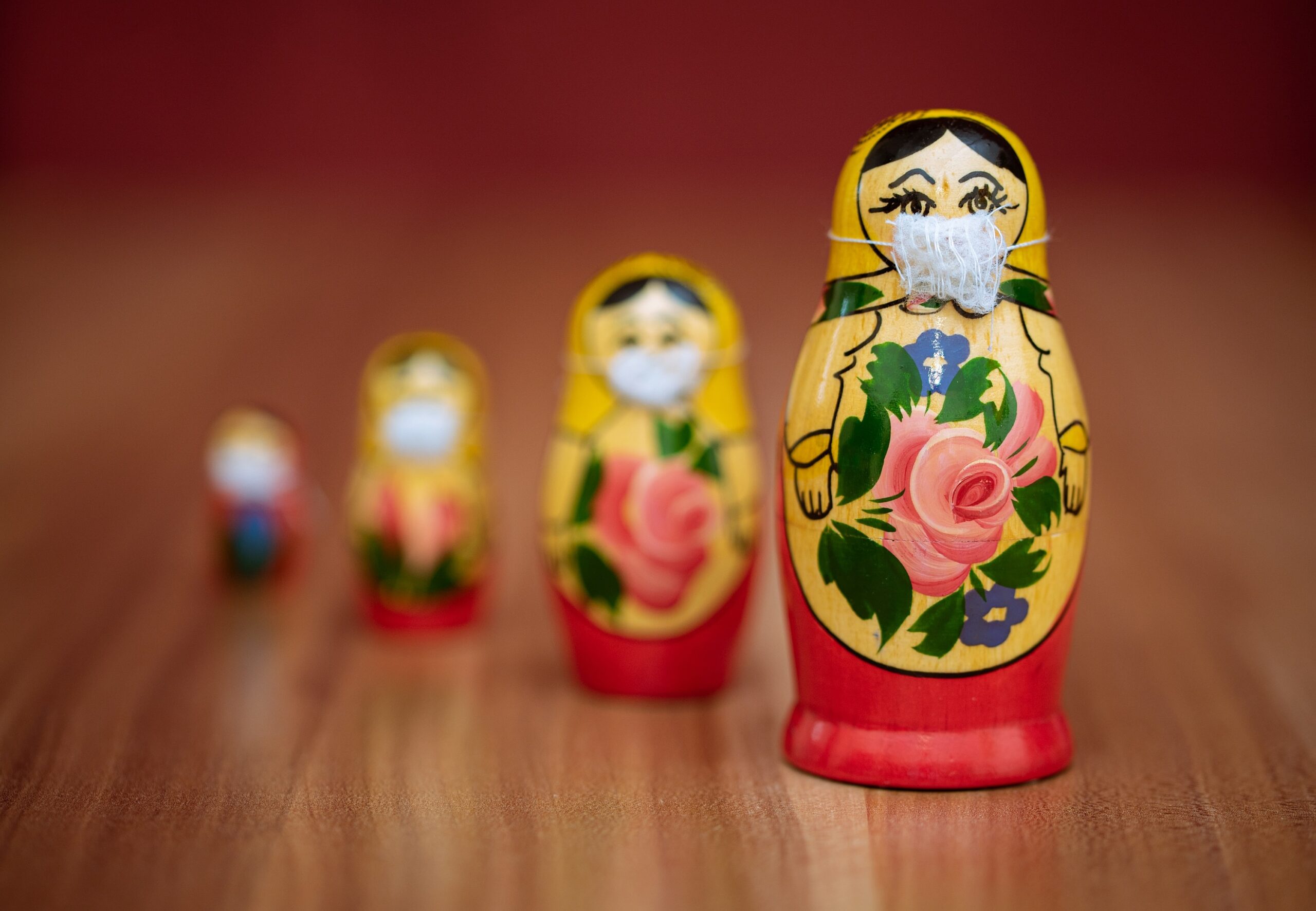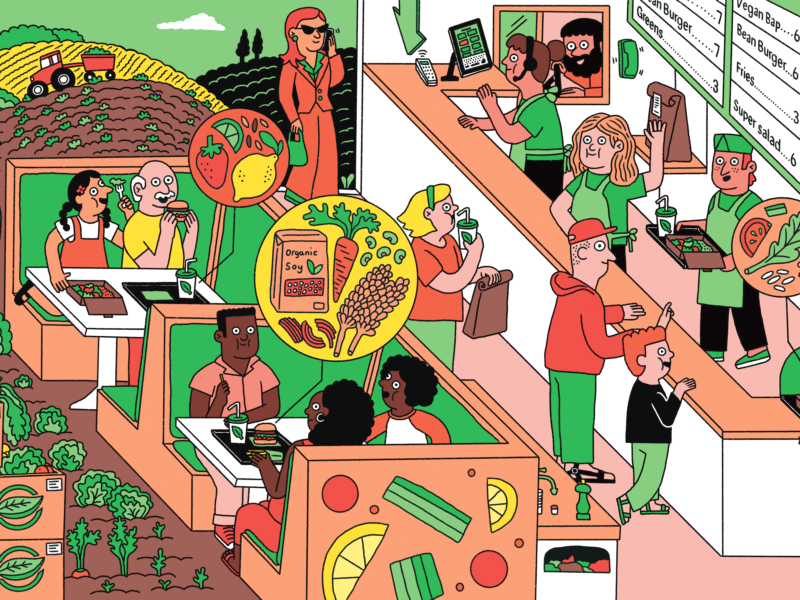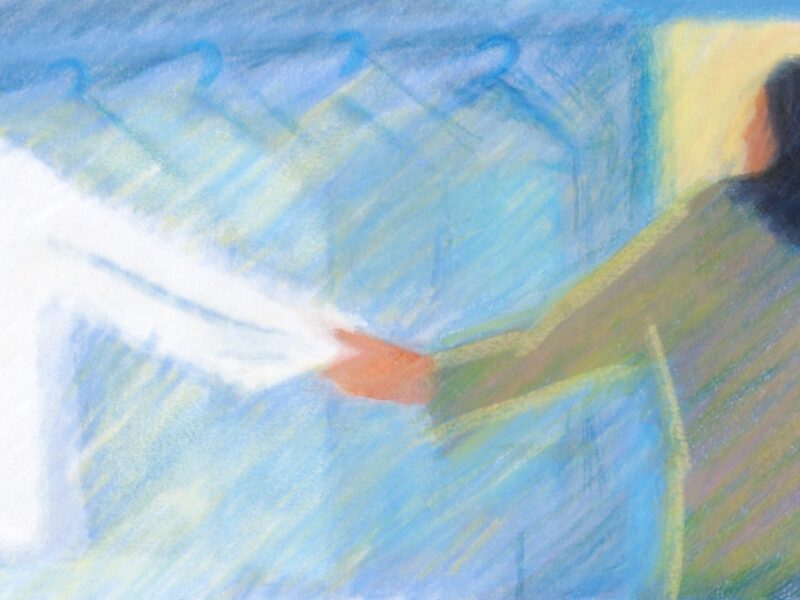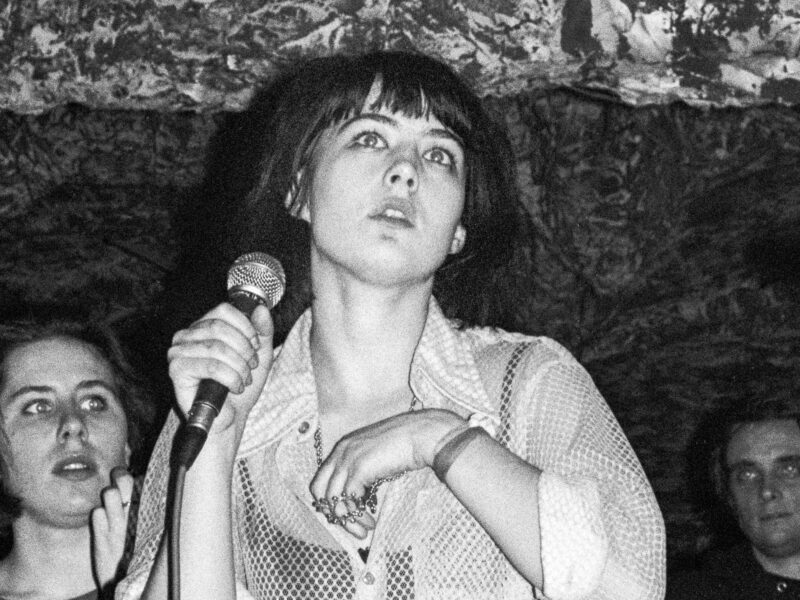A university professor, a funeral director and a pastor on how the pandemic changed them.
It’s been 14 months since we began to cope with the worst pandemic in a century, confronted daily by mortality, seeing every stranger—even our loved ones— as a potential vector of a lethal and terrifying disease.
Inevitably, we are emerging from this terrible year as changed people. Some of us have seen our lives transformed in ways we could never have imagined or predicted. Some have grown tougher and stronger while others find they have become much gentler with themselves and with others.
Kari Northey, a funeral director in Michigan, saw her life transform radically , both personally and professionally. She faced the challenge of doing her work safely, which includes embalming, though she had insufficient PPE. She had to fight for vaccines because the government did not consider her and her staff sufficiently essential, and she even struggled with a lack of available caskets.
Like many healthcare workers, she also faced the daily “moral injury” of being unable to honor her vocation and comfort her many grieving clients.
“As funeral professionals we are in a “yes” position,” she said. “Yes, we want you to see your loved one, have a funeral, celebrate their life, spend time with them, gather with friends, follow your heart to caring for your loved one, all which prepares your mind and soul to grieve and begin life without them.”
The pandemic made it impossible to gather with friends to mourn and to celebrate the life of the deceased. The bereaved could not participate in the comfort of mourning rituals.
Missing words “to say goodbye in a healthy way,” she said, adding: “The one that hurt the most to have to say was: ‘No, you cannot see your loved one again.’
“I fear how much unhealthy grief our world will be working through for the next many years.”
Home schooling her two young daughters gave Northey more time with them, but the year also brought divorce.
“It took some work to find the joys in the added time with the girls, but the longer snuggles and quiet moments were a bonus and benefit,” she said. “I was given a million more beautiful moments with my children. Those many added moments gave a solid foundation to my girls to get them ready for what was coming with their changing family.”
Until the pandemic hit, Amy Sterner Nelson spent most of her time building The Riveter, co-working sites in six states, and traveling constantly for her burgeoning business. So did her husband, a real estate developer. Their busy life was only possible because she employed two caregivers, in addition to the help her mother-in-law provided in caring for her three children, ages six, four, three and one.
“Before the pandemic started, one of us was traveling every week for work,” she said. “We lost our caretakers and schools shut. All of a sudden, our life was totally different. I was with the kids a lot more. I put them to bed, I get them up. I know their rhythms a lot more. I realized I missed part of my children’s lives. I didn’t see them play. I didn’t laugh as much or see their creativity.”
It’s been a sobering realization. “I don’t think I’ll ever travel as much [after the pandemic],” she said. “This has taught me to be present in a different way. I play with them now! I have the energy now.”
COVID-19 wreaked a special form of havoc in communities of color. Reverend-Doctor Jean Robinson-Casey, pastor of the Martin Luther King, Jr. Christian Church in Reston, Virginia, presides over a 175-member congregation that is 95 percent Black.
“I think it’s changed our community because we have more than one epidemic at the same time,” she said. “Racism has been going on for years, and so for our people it’s been a double issue. What I had to do is lift my game and be creative.” She held an interfaith service last summer with Catholic, Unitarian, Baptist, Jewish and Episcopal members. “After that, we did a ‘get out the vote’ program. It’s been a lot of work, but it’s been fruitful for us.”
“The leaders of the church have been galvanized as well, even though it was difficult. We were also right in the middle of back-to-back slaughters of young people like George Floyd and Breonna Taylor. Everyone’s tired! We’ve been tired for decades.”
What keeps Reverend Robinson-Casey going? “God is with us every step of the way. He has never left us. And I have faith in those I plant around me, not just my own church.”
In the years he’s been teaching sociology at Brigham Young University in Salt Lake City, to undergrads and graduate students, Kevin Shafer always prided himself on being a bit of a hardass. The pandemic’s effects on his students have radically changed him and his teaching.
“I’ve totally given up on that,” he says, of his former rigidity in dealing with his students. “It has no value. As I’ve watched my students struggling with their mental health, I now try to do everything in my power to help them achieve academic success. I have the ability to help them achieve those goals and desires.”
Part of the change was his own willingness to be more open and vulnerable with his students. He wrote them a personal letter detailing his own struggles to manage the stress he felt while teaching remotely and parenting four children ages 12, 10, eight and six.
“When all hell broke loose [with COVID] I realized I have a lot of flexibility in my life and my students don’t. Their lives are much less stable than mine,” he said. Some of his students got COVID, some were hospitalized, and some are now asthmatic as a result. He also realized how intimidating and limiting standard office hours were and plans to hold them by Zoom from now on—even after a return to in-person teaching.
Shafer, who is Canadian, also admits to a deep weariness and disillusionment with how selfishly so many have behaved during the pandemic, nonchalantly infecting and possibly even killing others.
“I do think Canadians are raised with more communitarian sensibilities than Americans are. It’s our mentality of ‘we’re in this thing together’ so seeing this sort of individualism is so moronic!”
“The $64,000 question for me is in what way will I go back to what I used to be? What will I change?”



